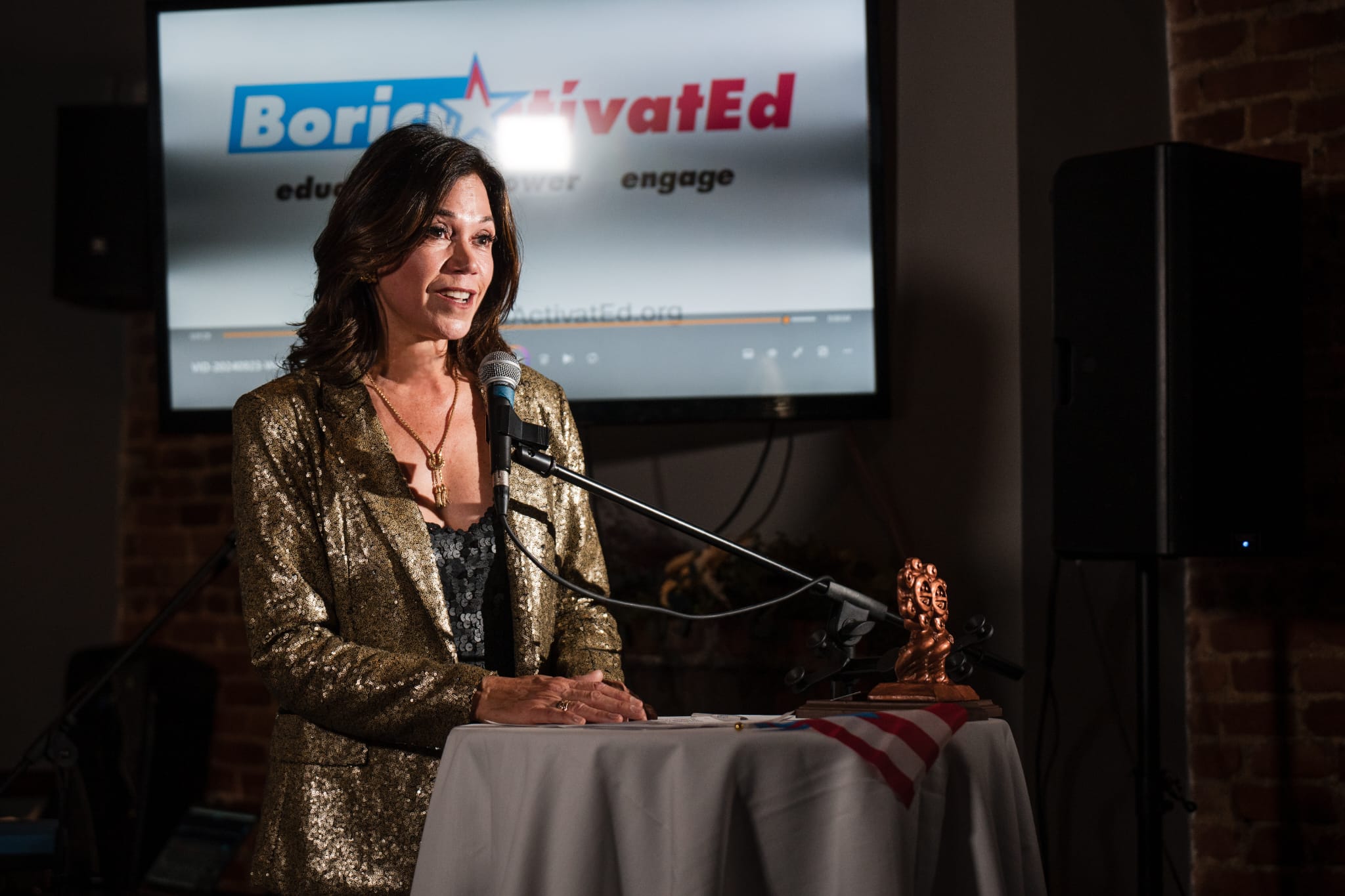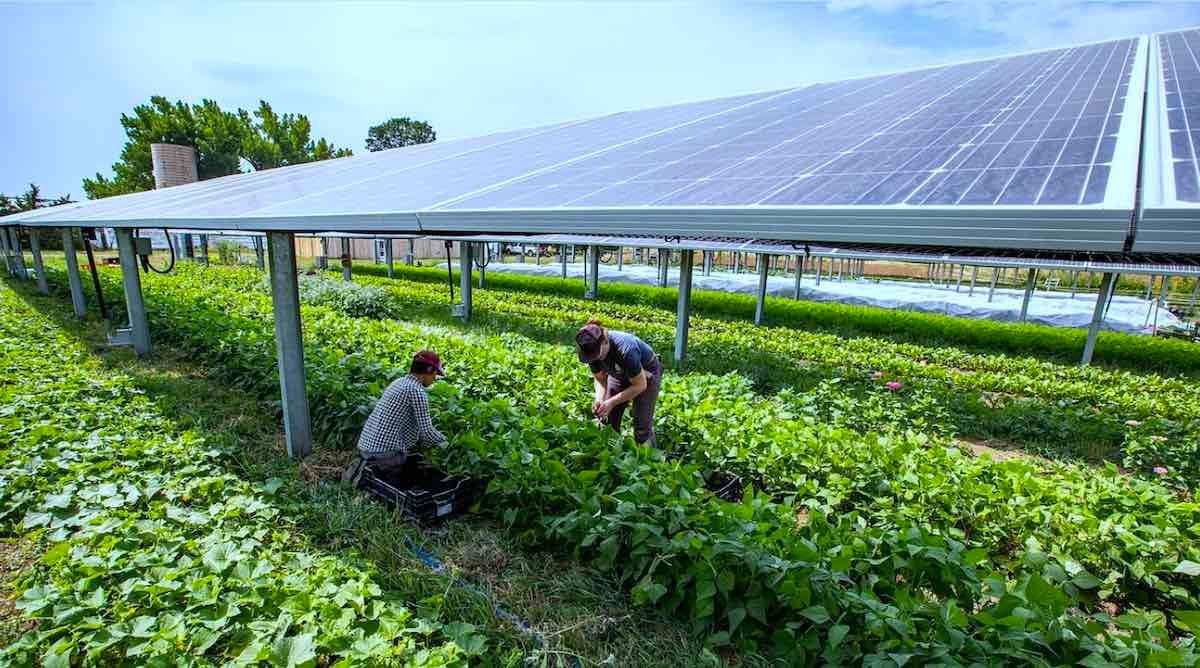Puerto Rico coronavirus statistics for February 1
According to the Puerto Rico Health Department, 163,469 people are believed to have been infected with COVID-19, an increase of 5,521 since January 25. This points to a decrease in the rate of new cases, as the number between January 18 and January 25 was 7,630. The death toll is currently 1,836, with 58 people having died during the last week.
In November, the Health Department changed the way it recorded cases, splitting them between confirmed cases (as determined by molecular diagnostic testing), probable cases (as determined by antigen testing) and suspicious cases (as determined by serological, non-diagnostic testing). Viewed through that prism, Puerto Rico has had 87,440 confirmed cases, 6,798 probable cases, and 69,231 suspicious cases since the virus arrived on the Island.
There are currently 282 people hospitalized due to COVID, a decrease of 30 since last week. Altogether, 28,991 people are believed to have been infected since the start of January. In total, 310 died from COVID that month.
Vaccination efforts on the Island continue in a piecemeal fashion. While State Election Commission (CEE, in Spanish) employees briefly began obtaining vaccines before the process was halted by the Puerto Rico Health Department, mayors in Puerto Rico’s mountain region have noted that it has not been possible to obtain vaccines to inoculate their municipalities’ elderly residents in accordance with the existing strategy. “We’ve requested that vaccines for the elderly be sent, but we haven’t been successful,” Jayuya mayor Jorge González told El Nuevo Día.
Additionally, the government’s attempts to create a web site to make vaccine appointments resulted in confusion. The Puerto Rico Department of Health indicated that the web site, turnospr.com had gone live, but was later forced to concede that the site was not yet open to the public.
Governor Pedro Pierluisi declares state of emergency to combat gender-based violence
Governor Pedro Pierluisi signed an executive order Sunday of last week declaring a state of emergency due to gender-based violence. The executive order, OE-2021-13, creates a multi-department committee, the Gender-Based Violence Prevention, Support, Rescue and Education Committee (PARE Committee, in Spanish), to evaluate existing measures and recommend policies to help curb such crimes. It also orders the creation of a mobile app to allow victims of gender-based violence to request help safely and privately.
The PARE Committee has already begun meeting, and has already drawn criticism from its exclusion of certain groups, such as survivors’ groups.
Mainland salaries are almost double those recorded in Puerto Rico
On average, workers in Puerto Rico earn $24,377 annually, which is less than half the amount for the United States ($53,139), according to data from the 2019 census Community Survey. The impact of this considerable gap is intensified when the cost of living is considered, which in 2020 was estimated to be 0.2% higher than in major U.S. cities. The wage gap could be narrowed if President Biden’s proposal to raise the federal minimum wage to $15 an hour goes forward. Governor Pedro Pierluisi reportedly supports raising the minimum wage.
Puerto Rico NGOs meet with White House officials
Last Thursday, more than a hundred Puerto Rico Non-Government Organizations (NGOs) took part in a meeting with White House officials, a session organized by the Hispanic Federation. White House officials at the meeting included Julie Chávez Rodríguez, director of the White House Office of Intergovernmental Affairs; Cabinet Undersecretary Cristóbal Alex; Carmel Martin, deputy director for the Domestic Public Policy Council for Economic Mobility; and Jennifer Molina, spokesperson for Hispanic media. Speakers included Frankie Miranda, President and CEO of the Hispanic Federation; artist Lin-Manuel Miranda and his father, Hispanic Federation Founding President Luis Miranda; Amaris Torres Rivera of the Fundación Fondo de Acceso a la Justicia; Gloria Amador, president of the Puerto Rico Primary Healthcare Association; and Rep. Nydia Velázquez (D-NY).
Participants urged an end to the austerity measures set in place by PROMESA, as well as reforms to the act to make it less punitive and to ensure funding for the University of Puerto Rico and other entities. They also called for the reconstruction of Puerto Rico’s power grid using renewable energy and urged improvements in FEMA operations in Puerto Rico.
Share
STAY IN THE LOOP
Subscribe to our free newsletter.
La organización BoricuaActivatEd celebró su séptimo aniversario con reconocimientos al líder de la red evangélica Esperanza y de la comunidad boricua de Filadelfia, Luis Cortés, y el legendario artista Antonio Martorell. Cortés, premiado por su
tudy: Economy leading factor for Puerto Ricans moving to Florida A new survey unveiled Monday in Washington, D.C. sheds new light on factors contributing to Puerto Ricans moving to the state of Florida. The Puerto
New federal funds for solar, battery storage announced The Department of Energy (DOE) on Thursday announced a conditional commitment to finance new solar and battery storage facilities on the southern coast of Puerto Rico. The investment




